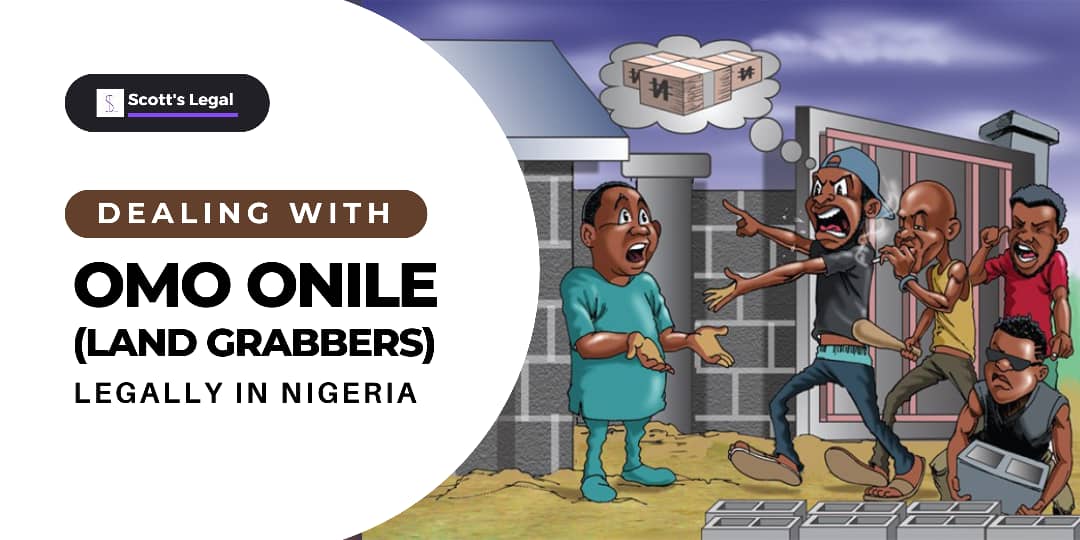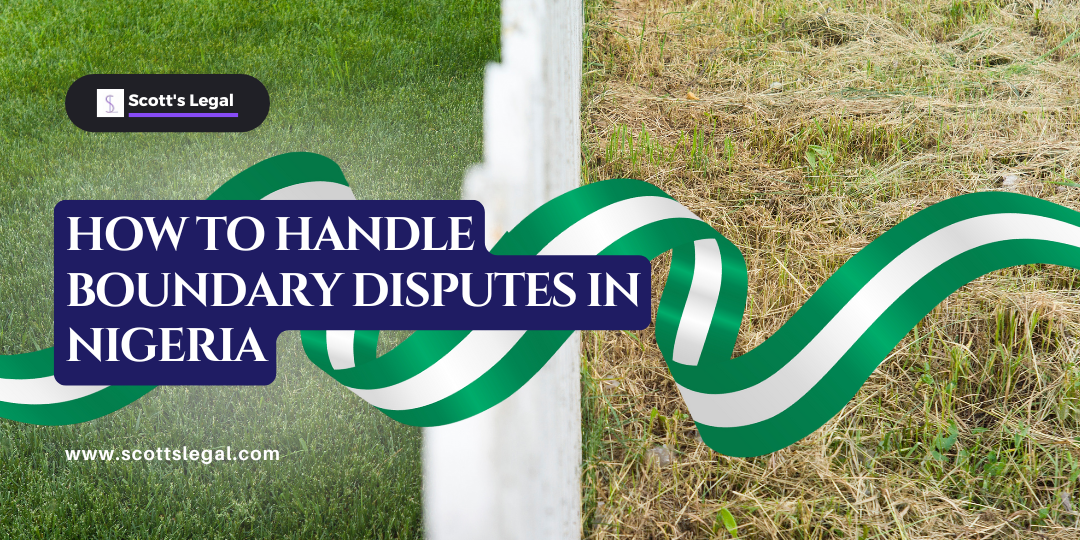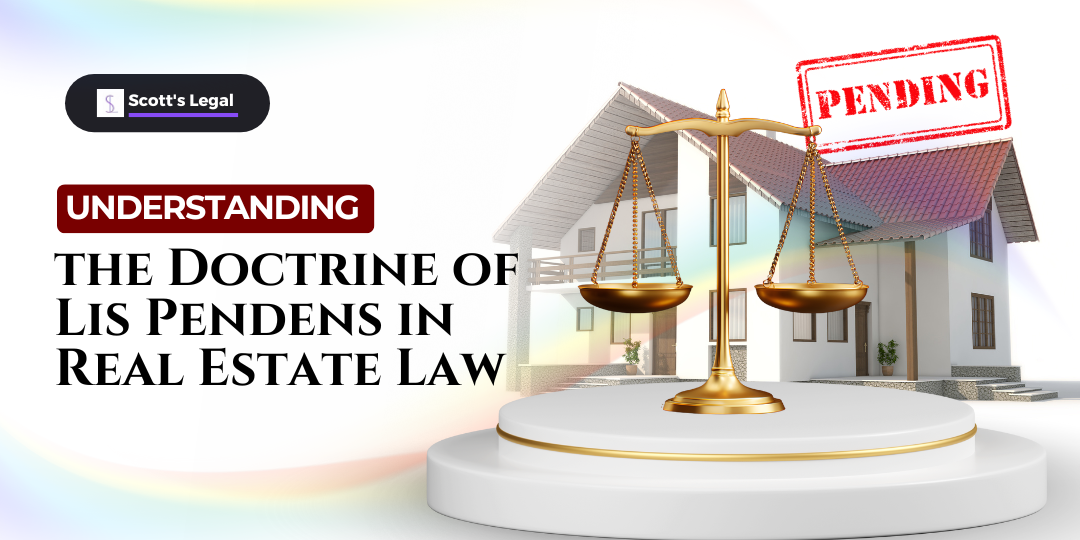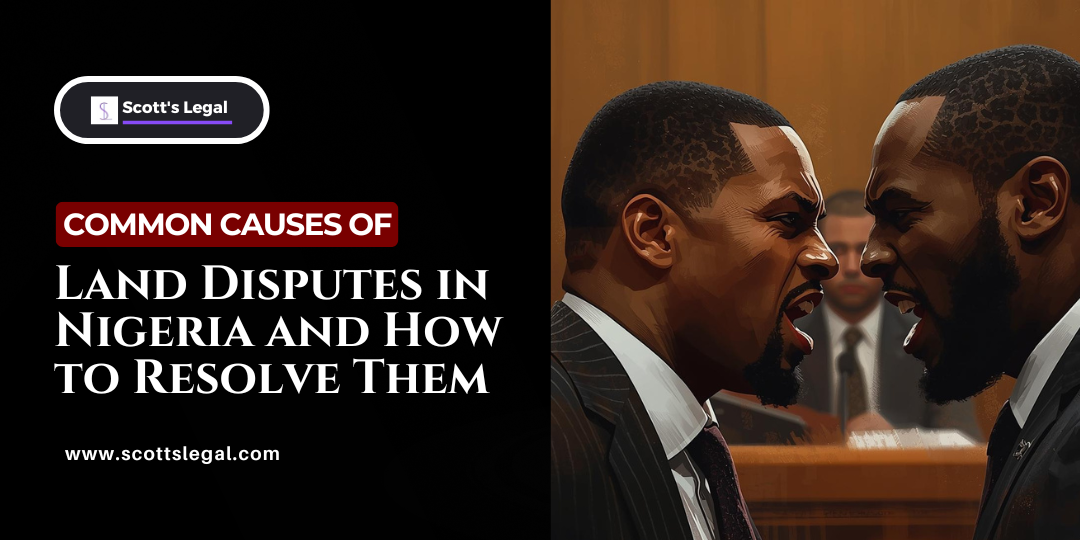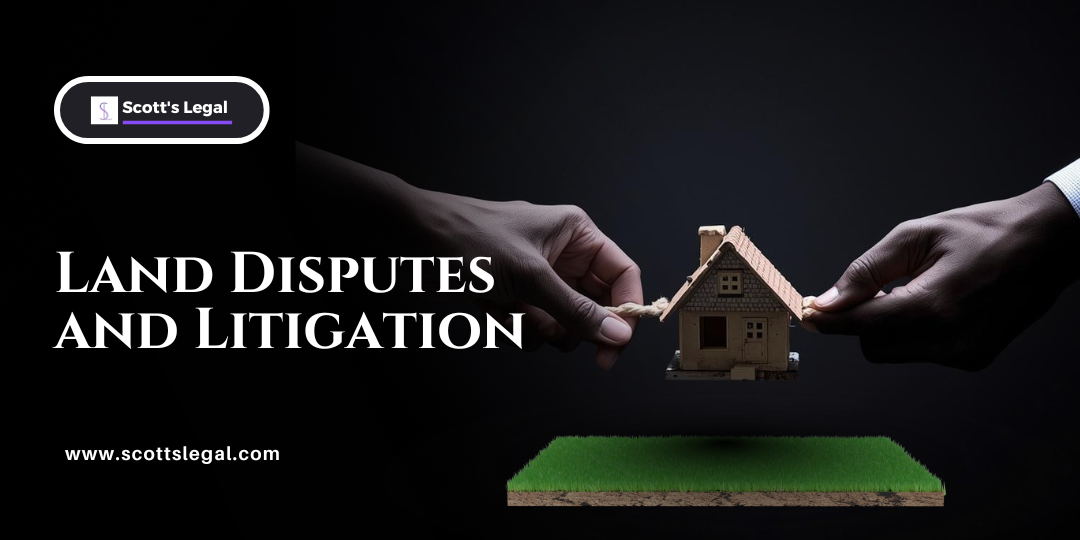Buying land in Nigeria can be a rewarding investment, but one major challenge investors face, especially in Lagos and other urban areas, is dealing with Omo Onile (land grabbers).
These individuals or groups often claim ancestral ownership of land and demand illegal fees before, during, or after land purchases. Knowing how to deal with Omo Onile legally in Nigeria helps investors protect their rights, avoid extortion, and maintain peace of mind in property transactions.
Let’s delve into this fully.
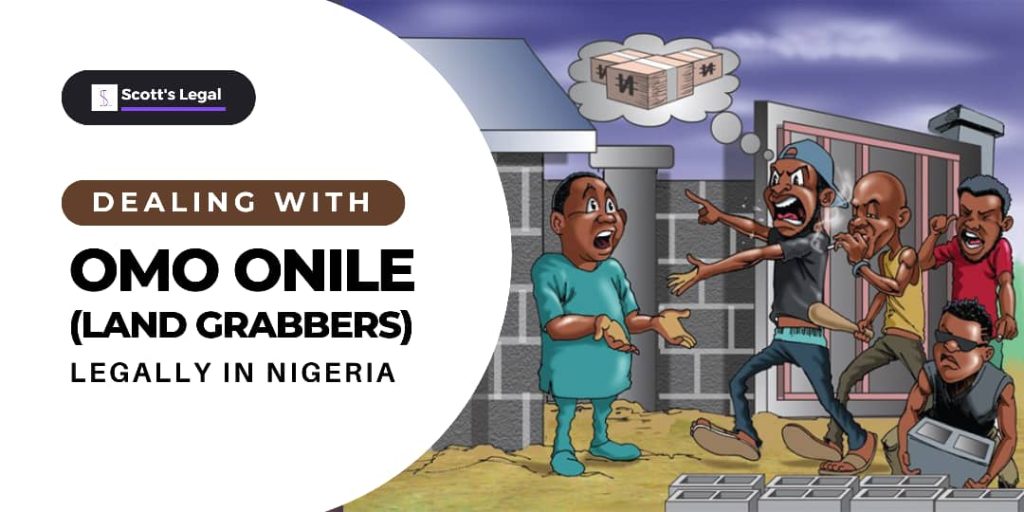
10 Practical Ways To Deal with Omo Onile (Land Grabbers) Legally in Nigeria
In this section, we took our time to provide 10 practical ways to deal with omo onile legally in Nigeria.
1. Understand the Legal Framework on Land Ownership
Under the Land Use Act of 1978, all land in each state is vested in the Governor, who holds it in trust for the people. This means that:
- No individual or group (including Omo Onile) can sell or allocate land without official authorization.
- Any claim to ownership by Omo Onile must be backed by valid title documents such as a Certificate of Occupancy (C of O), Deed of Assignment, or recognized customary rights.
Simply put, no matter how strongly they assert ancestral claims, Omo Onile cannot legally override the authority of the Governor or the land rights of a properly documented owner.
2. Conduct Proper Due Diligence Before Purchase
The best way to avoid problems with Omo Onile is to verify every land transaction before making payment.
Key steps include:
- Verify Ownership: Confirm the seller’s claim to ownership through official documents such as a C of O, Deed of Assignment, or Gazette for excised land.
- Land Registry Search: Visit the State Land Registry to confirm that the land is free from encumbrances, disputes, or double allocation.
- Survey Plan Verification: Engage a licensed surveyor to ensure the land’s coordinates match the property being sold and that it is not under government acquisition.
This process protects buyers from purchasing land illegally claimed by Omo Onile or other parties.
3. Obtain All Required Approvals
Having proper approvals can discourage Omo Onile interference and strengthen your legal position.
- Governor’s Consent: For land with a Statutory Right of Occupancy, Section 22 of the Land Use Act mandates that you obtain the Governor’s consent for any sale or transfer.
- Building Permits: Before beginning construction, secure building plan approval from the relevant authorities.
- Environmental Clearance: In certain areas, additional environmental approvals are required for development.
With these documents in place, your project is legally recognized and better protected against unlawful interference.
4. Involve Law Enforcement When Necessary
If Omo Onile attempt to extort, harass, or prevent you from accessing your land, the law is on your side.
- Report to the Police: Extortion, harassment, and trespass are criminal offences under Nigerian law. File a report with the nearest police division or anti-land grabbing unit.
- Court Injunctions: If threats persist, apply for a restraining order or injunction to prevent further interference.
Law enforcement authorities, especially in Lagos and Ogun States, now take land grabbing seriously and often collaborate with special task forces to prosecute offenders.
5. Leverage Legal Remedies
If Omo Onile have already interfered with your land, there are legal avenues for redress:
- Trespass Claims: You can sue for trespass if they unlawfully enter or disturb your property.
- Damages: Seek compensation for any physical or financial harm caused by their actions.
- Perpetual Injunction: Request a permanent court order restraining them from returning to the land.
Case Law Example:
In Mrs. Olubunmi Adeniji & Anor v. Alhaji Bamanga Tukur & Ors, the court ruled that a purchaser with an equitable interest in land has the right to protect their property against third-party interference, even when such interference comes from those claiming ancestral ownership.
6. Engage Professionals to Protect Your Interests
Navigating Omo Onile issues without expert help can be risky. Work with professionals who understand property law and land verification processes:
- Property Lawyer: A lawyer can confirm land documentation, handle legal disputes, and represent you in court when necessary.
- Licensed Surveyor: Helps identify accurate land boundaries and confirms whether the land is excised or under acquisition.
- Real Estate Consultant: Offers market insight and ensures you’re dealing with verified sellers.
Their combined expertise saves time, reduces risk, and ensures that your investment is fully compliant with Nigerian property law.
7. Know and Assert Your Legal Rights
Nigeria’s legal framework guarantees your right to own property.
Under Section 43 of the 1999 Constitution, every citizen has the right to acquire and own immovable property anywhere in the country.
Additionally:
- Section 44(1) protects property owners from unlawful acquisition or seizure without due process and compensation.
- The Land Use Act ensures that as long as you possess valid title documents, your rights as a landowner are enforceable in court.
Understanding these rights strengthens your confidence when facing intimidation or illegal demands from Omo Onile.
8. Avoid Paying Illegal Fees
Omo Onile often demand arbitrary payments known locally as “foundation fees,” “roofing levies,” or “development charges.”
These payments have no legal basis and are purely exploitative. Paying them often leads to continued harassment and additional demands.
Instead of giving in, report such demands to the police or seek legal intervention. A strong paper trail of complaints and evidence will support any future legal action.
9. Government Actions Against Omo Onile
Several states have introduced laws to combat Omo Onile activities.
- Lagos State Properties Protection Law (2016): This law criminalizes land grabbing, imposing fines and imprisonment for offenders.
- Special Task Force on Land Grabbers: Many states, including Lagos and Ogun, have special units dedicated to handling complaints about land grabbers and enforcing property rights.
If you experience intimidation or extortion, submit a report to your state’s task force or Ministry of Justice unit handling land matters.
10. Bonus Tips for Investors
To safeguard your property and investments:
- Stay calm and avoid physical confrontation.
- Document every interaction and demand made by Omo Onile.
- Involve community leaders where peaceful dialogue may help.
- Keep copies of all title documents, survey plans, and approvals.
Proper documentation is often your strongest weapon in any legal dispute.
Conclusion
Knowing how to deal with Omo Onile legally in Nigeria gives investors the upper hand in protecting their property rights. With proper documentation, due diligence, and professional support, you can confidently acquire, develop, and secure land without falling prey to illegal demands or harassment.
Other Articles On The Blog
- Excision and Gazette in Nigeria: Essential Guide for Land Buyers
- Certificate of Occupancy in Nigeria: Its Importance for Land Transactions
Navigating property laws in Nigeria can be complex, but the right legal guidance makes all the difference.
At Scotts Legal, we provide expert support in property acquisition, title investigation, registration, and property management, helping real estate investors make confident, compliant, and secure decisions.
For consultations and inquiries, send us a message – here.

